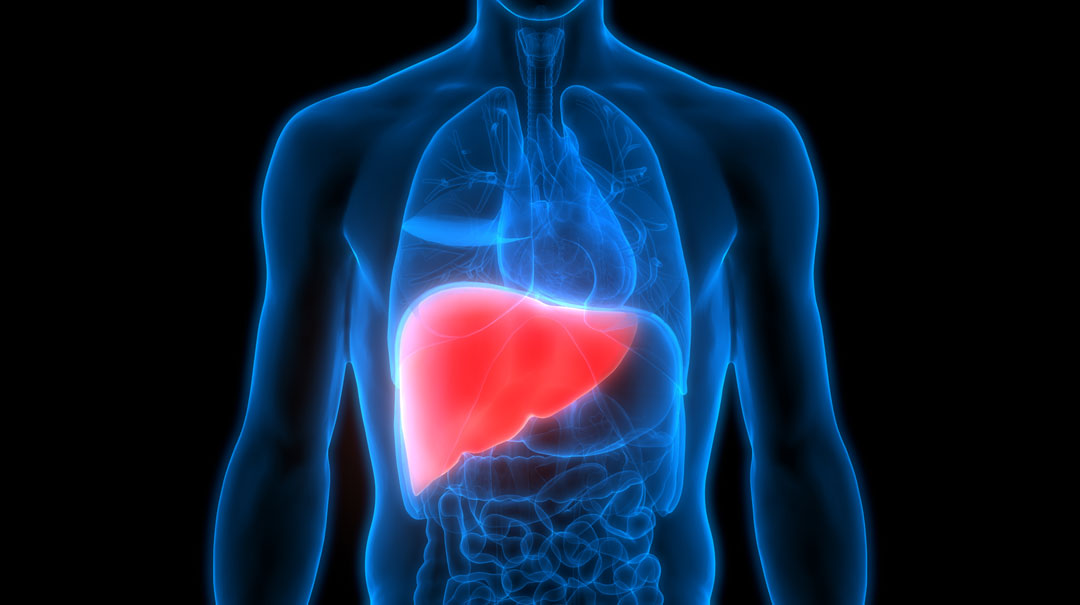Out of many diseases, around 1.8% of US adults have liver diseases. It causes 2 million deaths per year all around the globe, which equals 4% of adults. So it is better to understand the liver functions and how the loss could significantly affect the other body parts and so on. The liver is one of the important organs in the human body. It secretes bile juice that aids in the digestion of food. Liver disease is otherwise called hepatic disease. There are several types of liver diseases like hepatitis A, hepatitis B, hepatitis c, fatty liver disease, cirrhosis, hemochromatosis, cystic fibrosis, jaundice, Wilson disease, liver cancer, hepatic encephalopathy and more. I will try my best to get a detailed article on every disease that affects the liver. Here, I have discussed hepatitis c, its signs and symptoms. How to diagnose and what is the treatment?
Hepatitis C
Hepatitis C is a viral infection that causes inflammation in the liver. The virus is called Hepatitis C (HCV) which spreads through an infected person’s blood or body fluids. Antiviral medicines are the treatment methods given to treat this hep c infection.
There are different types of hepatitis virus and they affect the human body stage by stage.
How does HCV affect the human body?
As said earlier, HCV spreads through infected blood or body fluids. Usually, there are no symptoms at all. Some patients had HCV for almost a decade too. It is important to know the time base of the virus to grow in the body.
Initial Stage or Incubation period
This stage is the first exposure to the virus. It lasts from 14 to 80 days.
Acute hepatitis c
This is a short-term illness that lasts for 6 months after infection. When the patient has been diagnosed earlier, then he or she can get rid of the virus through antiviral medicines prescribed by the doctor.
Chronic hepatitis C
Almost 85% of acute conditions move into this stage which lasts longer than 6 months. This stage can lead to serious health illnesses like cirrhosis or liver cancer.
Cirrhosis
This stage happens over time and usually takes from 20 to 30 years. In this stage, all the healthy liver cells will become scar tissue and cause inflammation in the liver. However, for HIV-positive and alcohol consumers, the infection could be faster and cause serious illness.
Liver cancer
The condition of cirrhosis often leads to lung cancer. Only regular monitoring of liver condition by your doctor can help diagnose the disease, otherwise, there will not be any symptoms at all in the early stages.
Possible symptoms of Hep C
No symptoms are noted in the early stages of HCV infection. However, between 2 weeks and 6 months after the virus enters the bloodstream, you can notice the following signs:
- Fever
- Fatigue
- Jaundice ( eyes and skin become yellow and dark urine)
- Dark urine
- Clay-colored poop
- Nausea
- Stomach pain
- Loss of appetite
- Joint pain
- Vomiting
If you are in the end stage, then the following symptoms arise;
- Fluid buildup in the legs (edema) or abdominal cavity
- Encephalopathy (poor working of the brain)
- Muscle loss
- Problems with memory and concentration
- Itching
- Easy bleeding
- Blood vomit
- Weight loss
Hepatitis treatment procedure
Blood testing
Doctors will check your blood for antibodies (anti-HCV antibodies) and, the type of proteins your body makes when it finds hep C virus infection in your blood.
Possible results may include
Non-reactive or negative – which means either you don’t have hep c or you should get retested in a few weeks.
Reactive or positive – Your blood contains hep c antibodies and it requires another test to confirm the disease.
HCV RNA test
In this analysis, number of viral RNA particles in your blood is measured. This test has to be taken after 1 or 2 weeks from the infected day.
If the result is positive then you have HCV in your blood.
If the result is negative then you don’t have HCV in your blood.
Liver function test
Here, your doctor measures proteins and enzyme levels in your blood, which usually shows after 7 or 8 weeks. Liver damage can cause enzymes to leak into your bloodstream. Still, there are chances that you may have normal enzyme levels and still have hep C.
